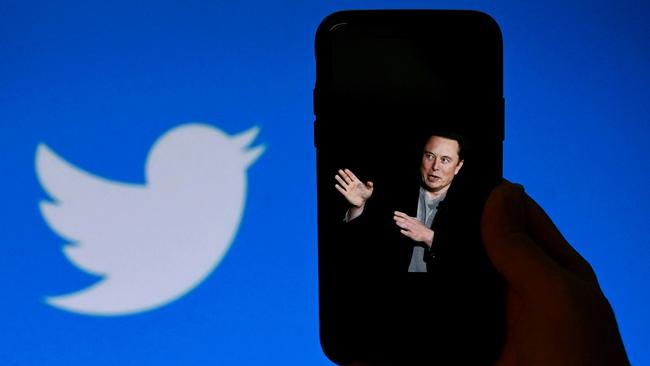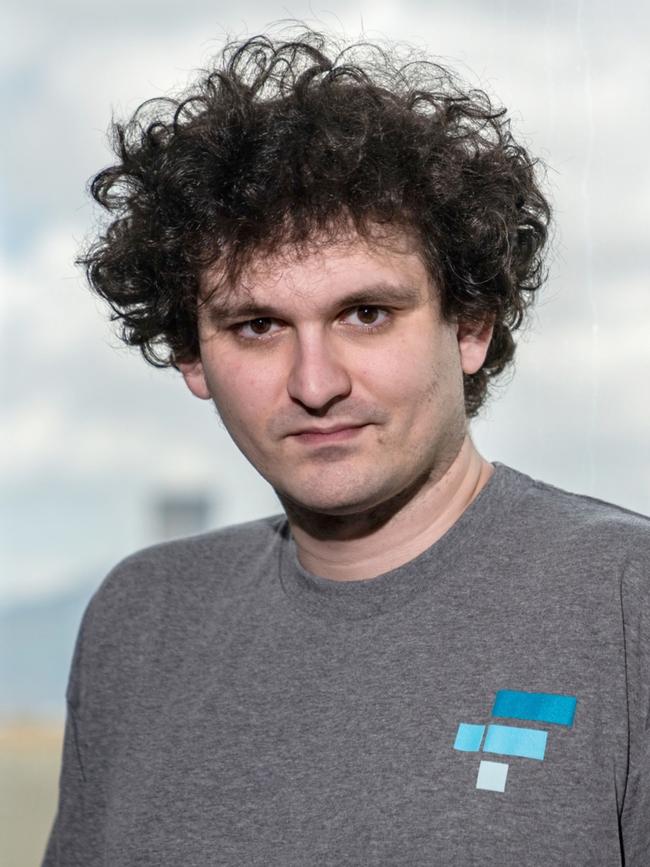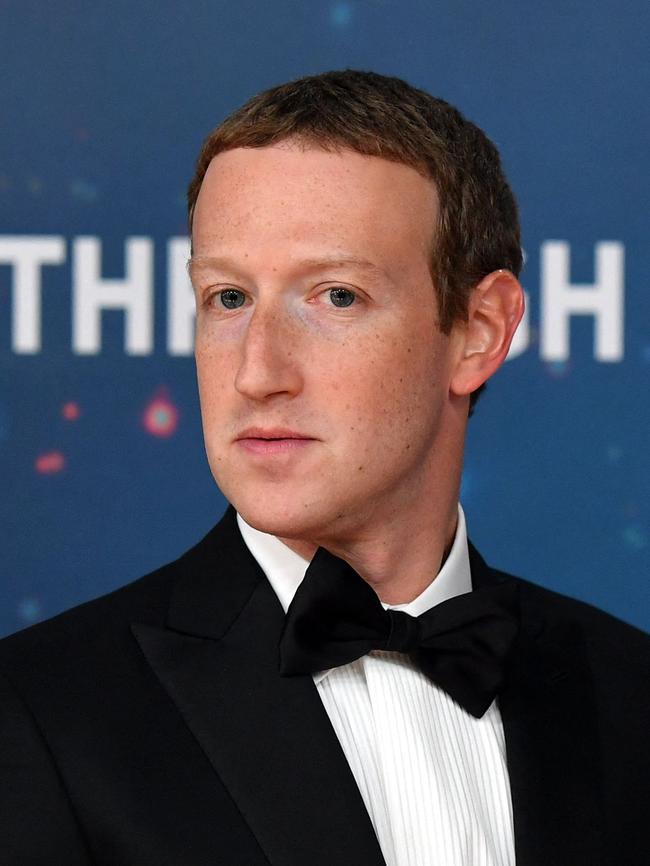
The plays of Greek tragedy, taught to classics students around the world, warn against the risks of overconfidence and the foolhardy belief that we can perfectly engineer the world around us.
The plays have lasted more than 2000 years because they teach us something essential about human nature: that even the most brilliant of individuals can suffer from blindness, and that such blindness can lead to consequences of tragic proportions.
Such consequences have been unfolding these past couple of weeks in the tech world, and are proving to be as dramatic as any Greek play. Elon Musk has taken over Twitter and has plunged it into chaos. Mark Zuckerberg has had to lay off 11,000 employees, just as his big bet on the metaverse has coincided with the value of his company cratering. And the second-biggest crypto exchange in the world, FTX, filed for bankruptcy protection just this week, after $US32bn in wealth vaporised virtually overnight.
In the case of Musk, the hubris has been obvious. Viewing Twitter as just another tech company, Musk has repeatedly expressed the attitude that the problems inherent to the platform are a result of the engineering not being quite right. After several haphazard moves that have alienated employees, advertisers and users, he recently emailed his remaining staff demanding they commit to being “extremely hardcore”, which means “working long hours and high intensity”. His email continued: “Twitter will also be much more engineering-driven … those writing great code will constitute the majority of our team and have the greatest sway.”
While there is nothing wrong with asking employees to ramp up their effort, and while it is certainly important to value the contributions of talented engineers, the email demonstrates just how little Musk understands the company for which he has just recently paid $US44bn.
Twitter is not a tech company that makes electric cars. On the contrary, the company is a community of real-life human beings whose psychology and behaviour are vastly more complex than rocket science. What makes Twitter valuable is the fact that celebrities and leaders in business, politics, and academia are on the platform, and often converse with each other in public view. Take away this community, or alienate them to the point of no return, and Twitter ceases to have value.


Alternative social media platforms already exist in the form of Parler, GAB, Minds and Truth Social. What makes these social media companies largely insignificant when compared with Twitter is not a marked difference in code or engineering – but who chooses to use the platform.
Zuckerberg, too, has demonstrated breathtaking blindness when it comes to understanding human psychology, imagining that ordinary people would like to attend parties and work in a virtual online world while wearing gigantic goggles that make them sick.
After pouring $US15bn into the metaverse, Meta’s Horizon Worlds has attracted only 200,000 monthly active users. To put that into context, TikTok has one billion monthly active users and YouTube has 2.1 billion.
While Meta is a company that has consistently seen “A-pluses” on its report card, it may now have to get used to seeing “C-minuses”.
But perhaps the most spectacular example of moral blindness among today’s tech gurus may be that of Sam Bankman-Fried (frequently abbreviated to SBF), the 30-year-old multi-billionaire who saw his gargantuan wealth vanish almost overnight. After word had gotten out that assets from his crypto exchange, FTX, were tied up in his trading firm, Alameda Research, the exchange suffered a classic bank run. Unable to provide enough liquidity to redeem requests for customer withdrawals, the entire company collapsed in the space of 72 hours. FTX is now reported to have about one million creditors and to owe between $US10bn and $US50bn.
Like Zuckerberg and Musk, Bankman-Fried is no dummy. Graduating from MIT with a physics degree, by all accounts SBF is prodigiously talented in quantitative reasoning. But like Zuck and Musk, he appears to have been enamoured with his own abilities, becoming drunk on his own success.
And as these failures show, sometimes quantitative reasoning is not enough. Not every problem can be solved with engineering. Dilemmas involving ethics and human relationships are not problems that can be solved with equations and technical wizardry. They require self-awareness, humility, and wisdom – all qualities that appear to be in short supply among our tech gurus.
In an interview with Adam Fisher that originally appeared on Sequoia Capital’s website (a venture capital firm that poured $US200m into FTX), Bankman-Fried is reported to have said: “I’m very sceptical of books. I don’t want to say no book is ever worth reading, but I actually do believe something pretty close to that … I think, if you wrote a book, you f..ked up, and it should have been a six-paragraph blog post.”
Yet the irony is that if Bankman-Fried had been a reader, particularly of the classics, he may have learned some important lessons that could have helped him avoid his catastrophic failure. He may have learned that even brilliant people can suffer from blindness. And that even though digital worlds can be engineered to perfection, the real world always ends up having the final say.
Claire Lehmann is the founding editor of Quillette, a platform for free thought.







In the classic plays of Sophocles and Euripides, the tragic hero is doomed by hubris, a fatal flaw that leads him to believe he can outsmart the gods. As the stories of Greek tragedy unfold, the hero often looks as though he may be triumphant in achieving his mission, only to find out in the last act that the Gods always end up having the final say.